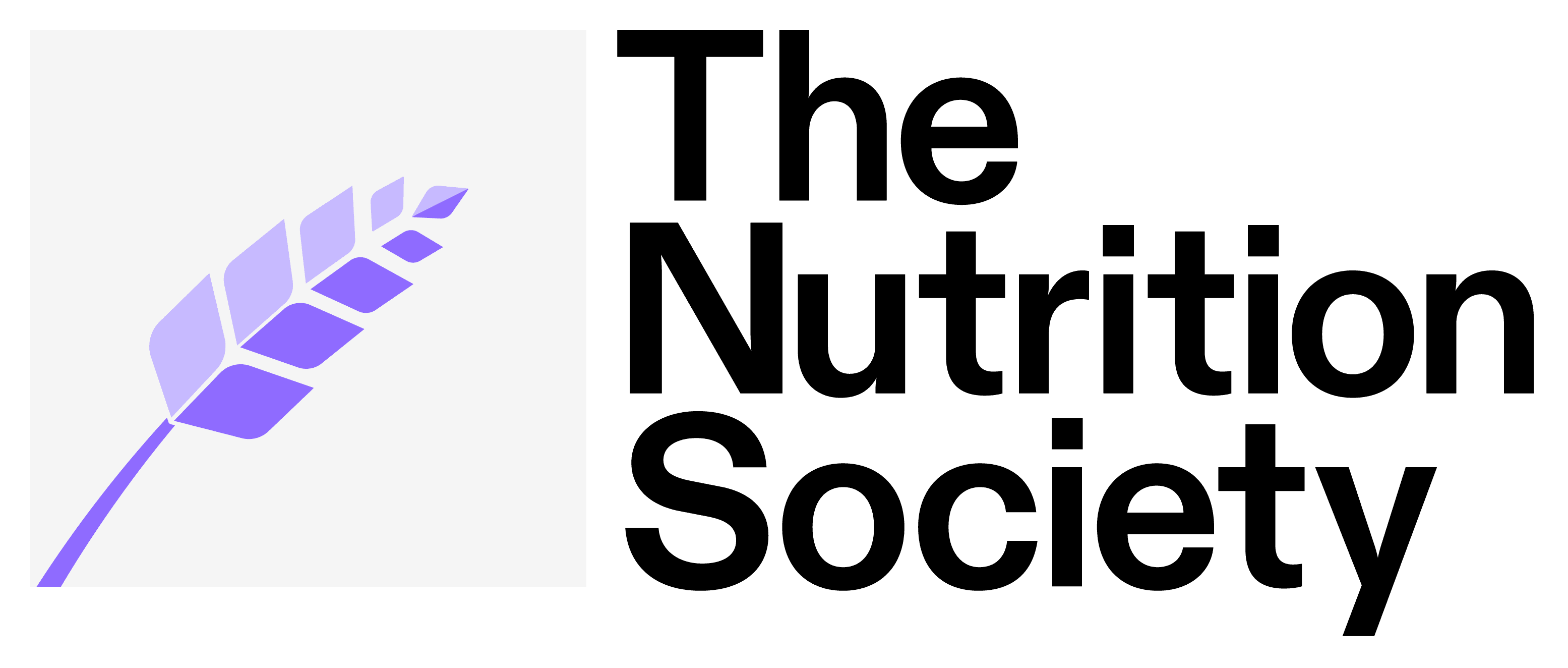(Poly)phenols are plant secondary metabolites widely abundant in plant foods and beverages, comprising a very large number of compounds with diverse structure and biological activities. Accumulating evidence indicates these compounds exert beneficial effects against cardiometabolic diseases. Recently, a bi-directional relationship was established between (poly)phenols and the gut microbiota, suggesting that individual gut microbial metabolising capacity may be a key factor explaining the variability in the cardiometabolic response to (poly)phenols. During this webinar, you will analyse epidemiological and clinical data including the most recent systematic reviews and meat-analysis in this area. Limitations of the current available data will be presented, including the need for better tools and a better understanding of the estimated (poly)phenol content in foods and intakes among the general public.
What will I gain from this webinar?
- Describe what (poly)phenols are, their main subclasses and the most abundant food sources in the diet.
- Be able to critically discuss the strength of the evidence for the effects of (poly)phenols on cardiometabolic disease risk from epidemiological and clinical studies.
- Have an understanding of potential mechanisms of action of (poly)phenols on the cardiovascular system including interactions with the gut microbiota.

